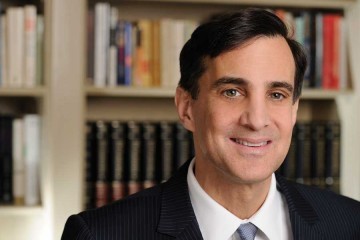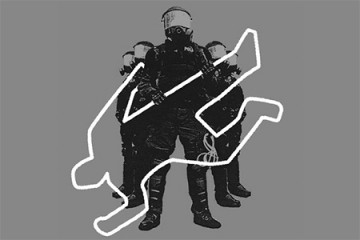Lester Spence, an associate professor of political science and Africana studies at Johns Hopkins University and an expert on race and urban politics, authored an op-ed in Wednesday's New York Daily News in which he examined the underlying tensions in Baltimore that precipitated Monday's riotous rebellion.
"Baltimore has pent-up energy and anger," Spence wrote. "The routine actions of the police combined with the derision and casual disdain expressed by many political officials made what happened almost predestined."
Also see: Baltimore mayor under intense scrutiny following street violence (NPR)
What is needed, he argues, are changes aimed at making police more accountable to the citizens they are supposed to protect and serve, and also changes that address the divide between the two Baltimores: "one containing Johns Hopkins University and the Inner Harbor, the other containing the population depicted as 'corner boys' in 'The Wire.'"
Spence concludes: "This much is clear: Business as usual will lead to more racial and economic division, more bitterness and more unrest."
Read more from New York Daily NewsPosted in Voices+Opinion, Politics+Society










